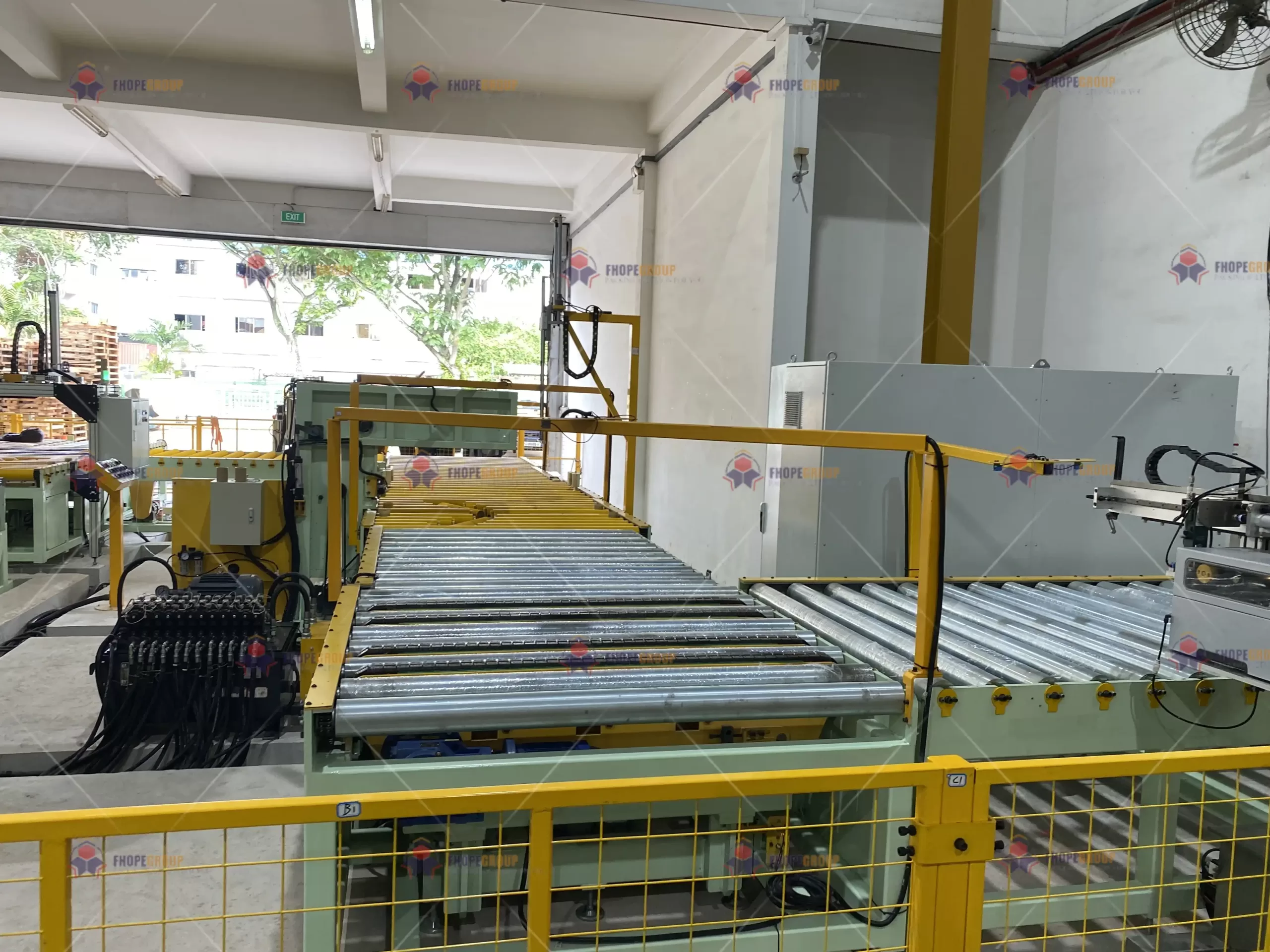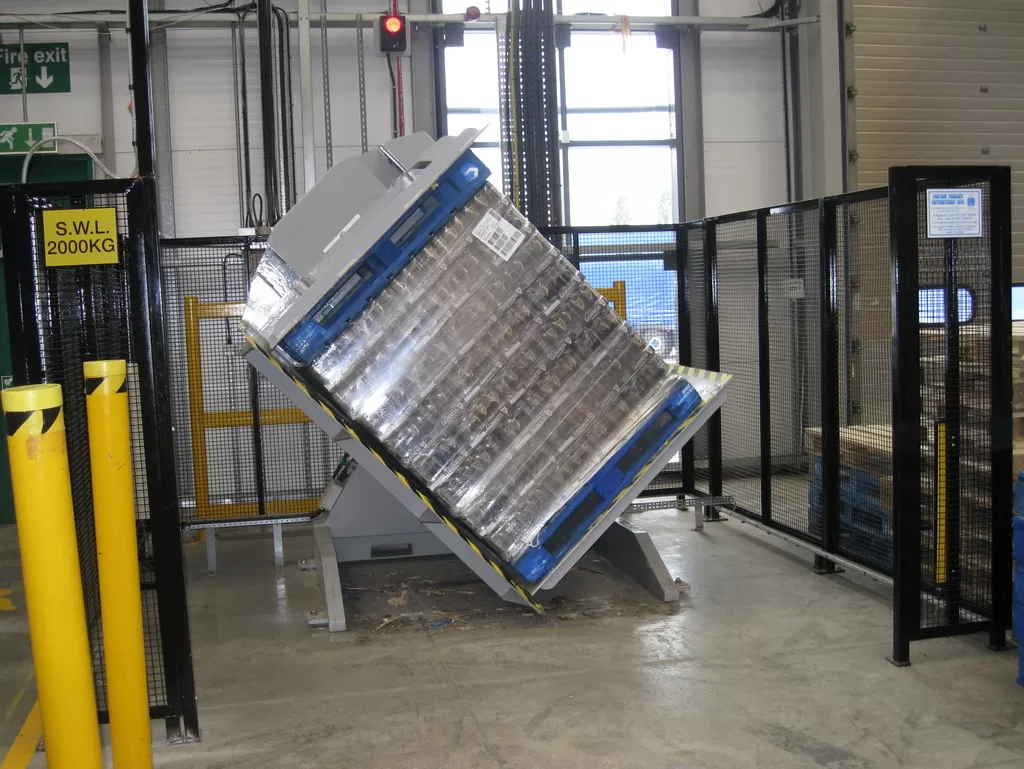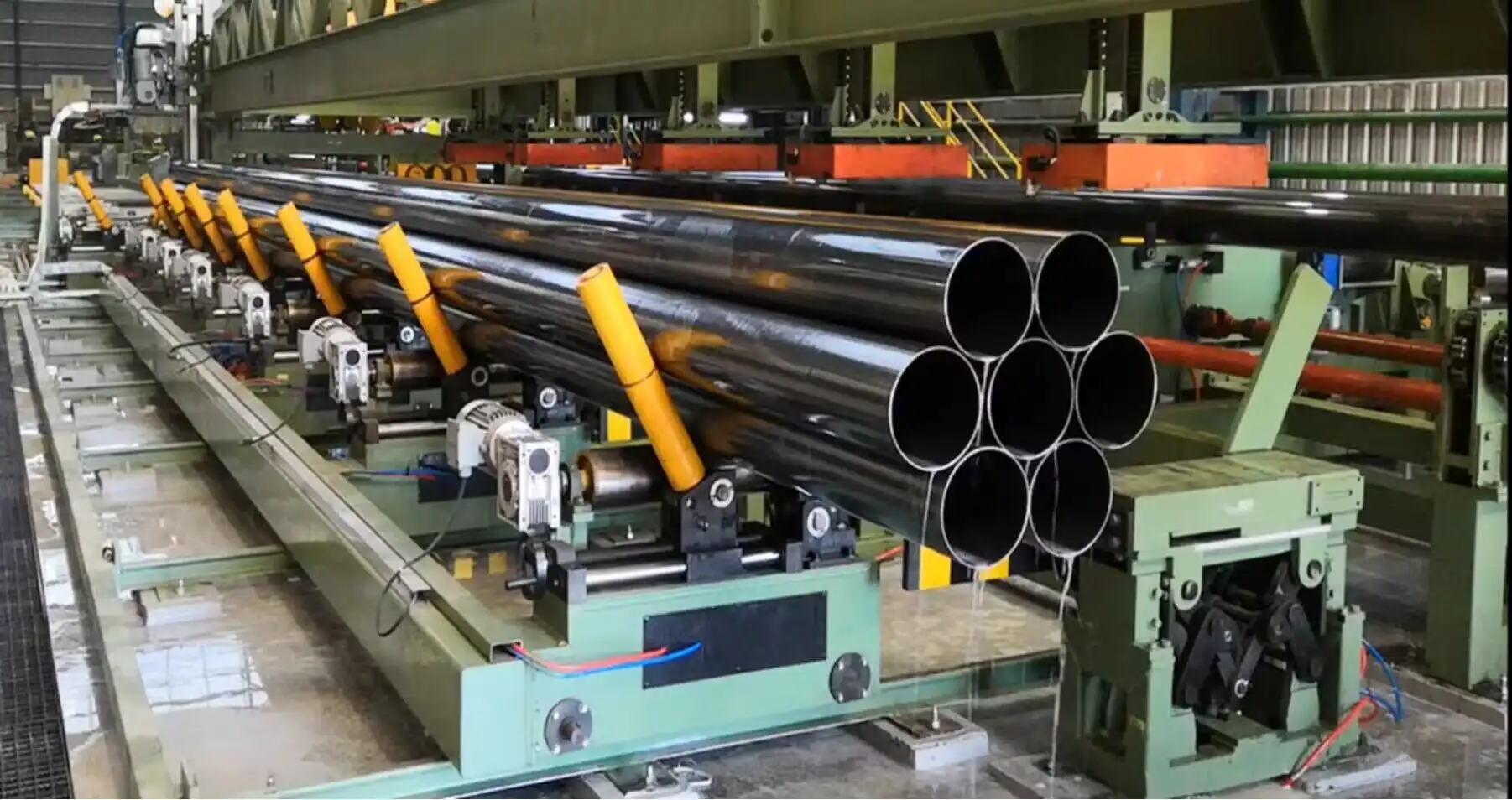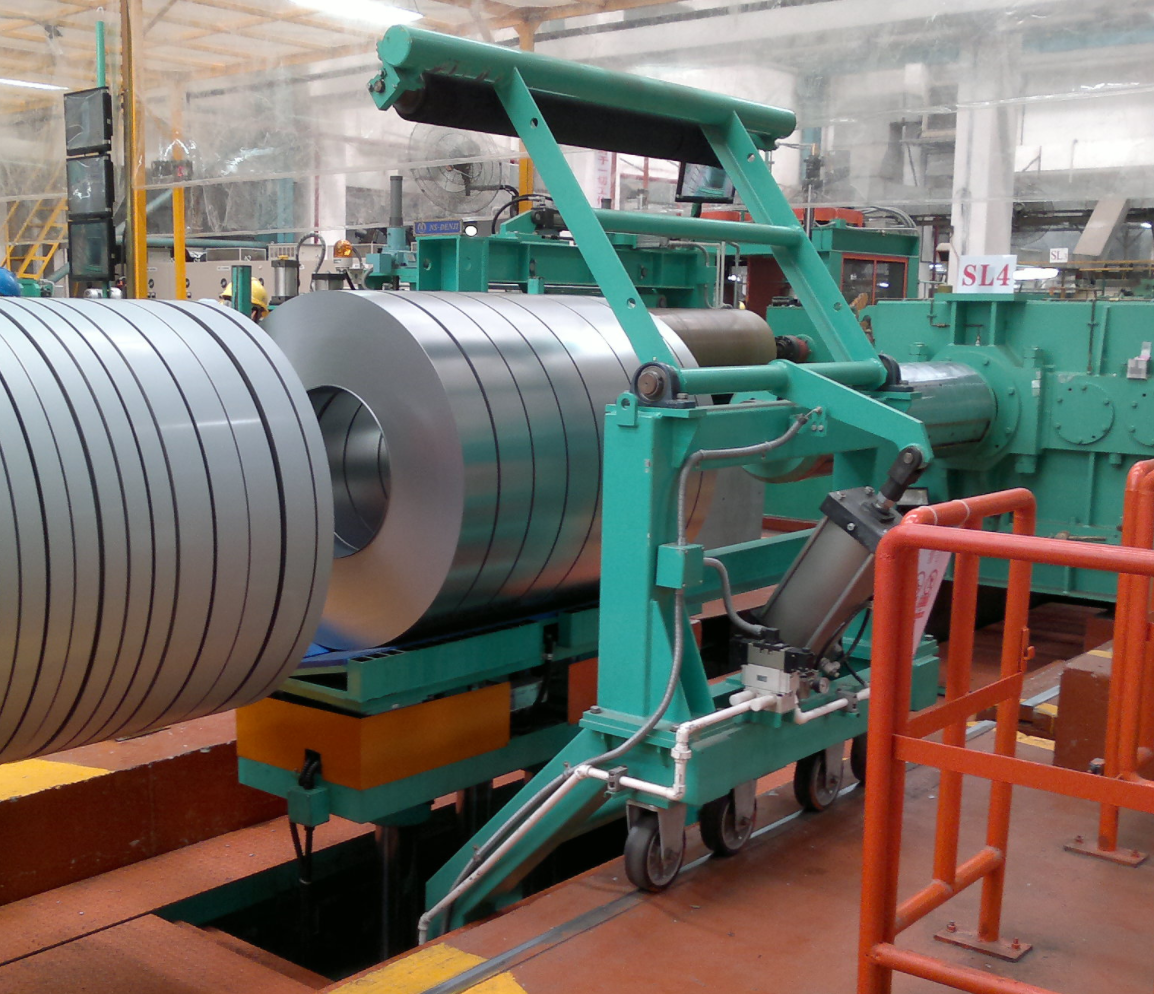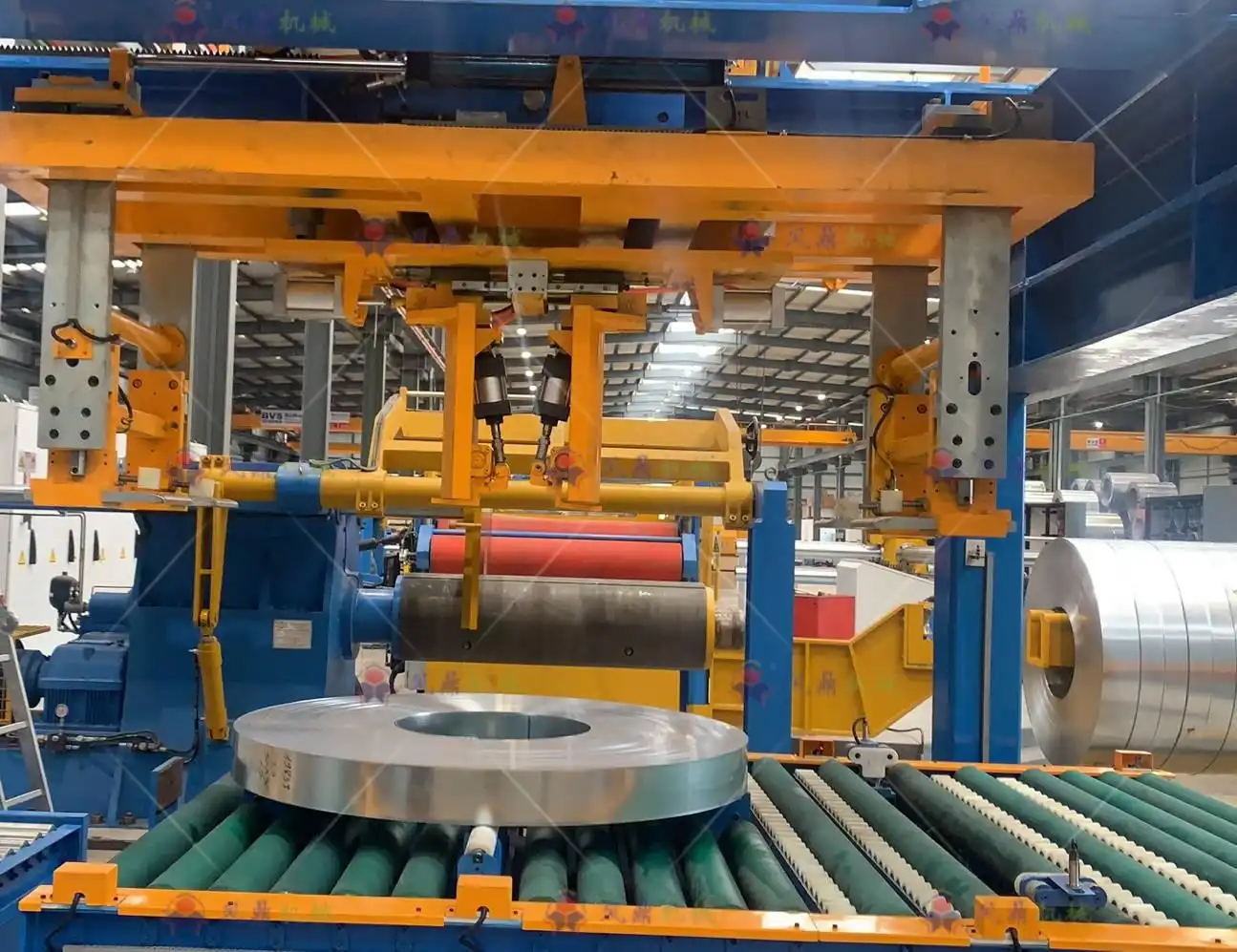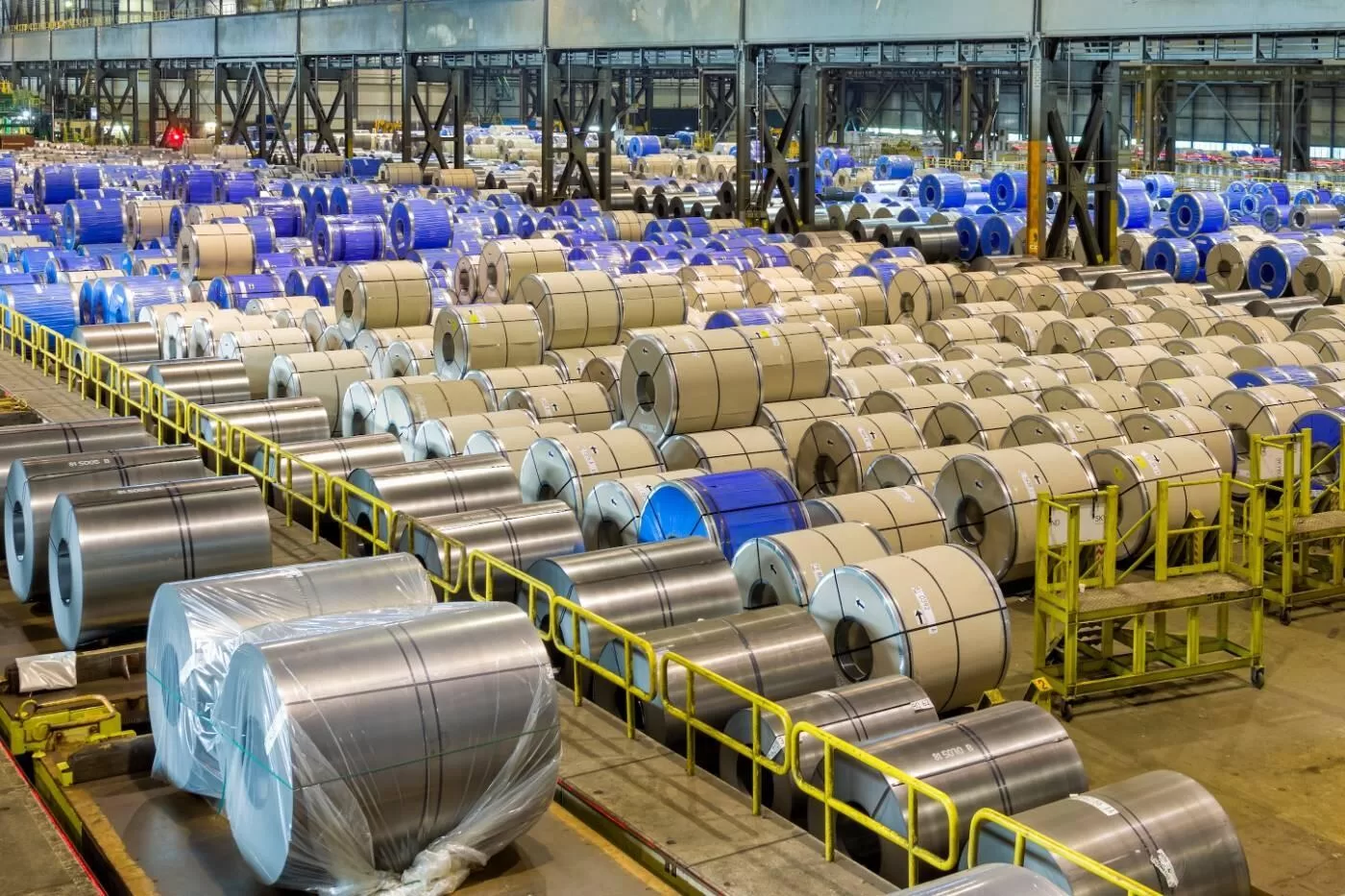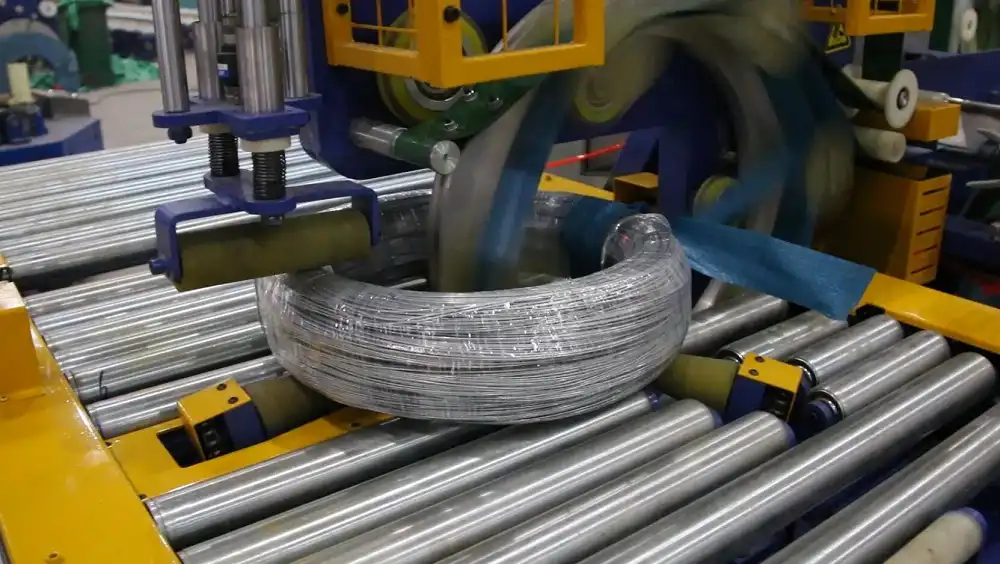Can a mold upender improve the longevity of your molds? The question makes you wonder if you’re missing a key component in extending mold life. Imagine reducing wear and tear on your molds, improving productivity, and increasing overall efficiency. These benefits could dramatically impact your production line’s longevity and cost-effectiveness.
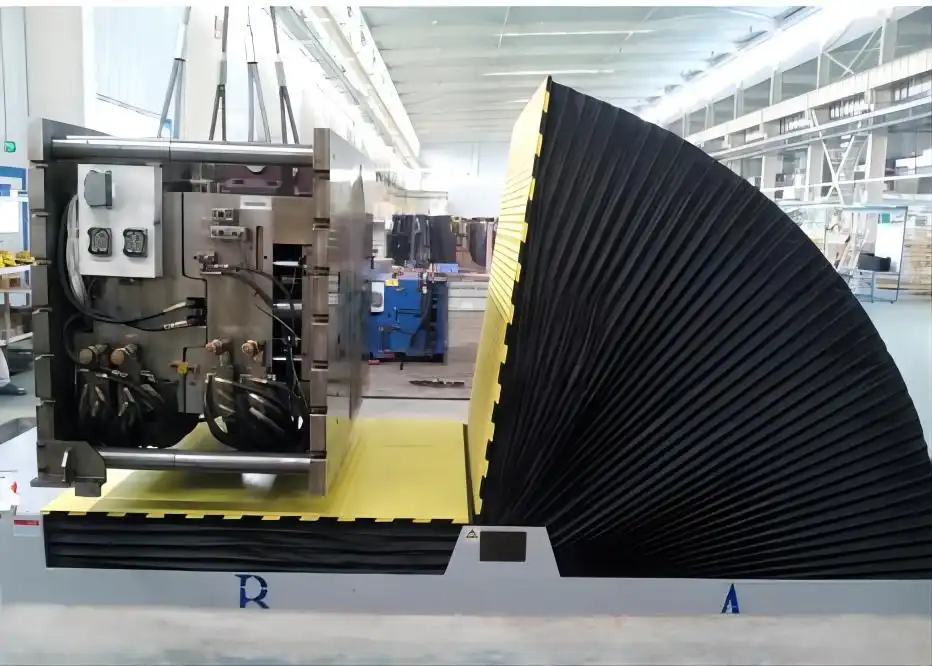
Yes, a mold upender can significantly improve the longevity of your molds. By enabling safe and efficient 90-degree mold turning, the upender minimizes manual handling risks, reducing wear and tear. Its robust design supports molds during tilting, ensuring even weight distribution and less mechanical stress, hence extending mold life and boosting operational efficiency.
Transitioning to automated systems can seem daunting, but the potential for enhanced mold longevity is substantial. Most manufacturers overlook the subtle advantages of equipment like mold upenders. By minimizing manual operations, these devices reduce human error and extend the lifecycle of valuable molds. It’s time to seriously consider how such technologies can revolutionize the way you manage your molds.
1. How Does a Mold Upender Work to Enhance Mold Longevity?
When faced with frequent mold maintenance or unexpected breakdowns, ask yourself if there’s a more efficient way. Introducing mold upenders into your workflow can transform the entire maintenance process. It prevents damage from mishandling and extends the life of your precious molds, directly impacting your bottom line.
A mold upender enhances mold longevity by facilitating controlled 90-degree turning of molds. This capability reduces the risk associated with manual handling, ensuring even pressure distribution during the tilting process. As a result, molds experience less mechanical stress, leading to improved durability and a longer lifespan, making mold upenders a valuable asset in the manufacturing process.
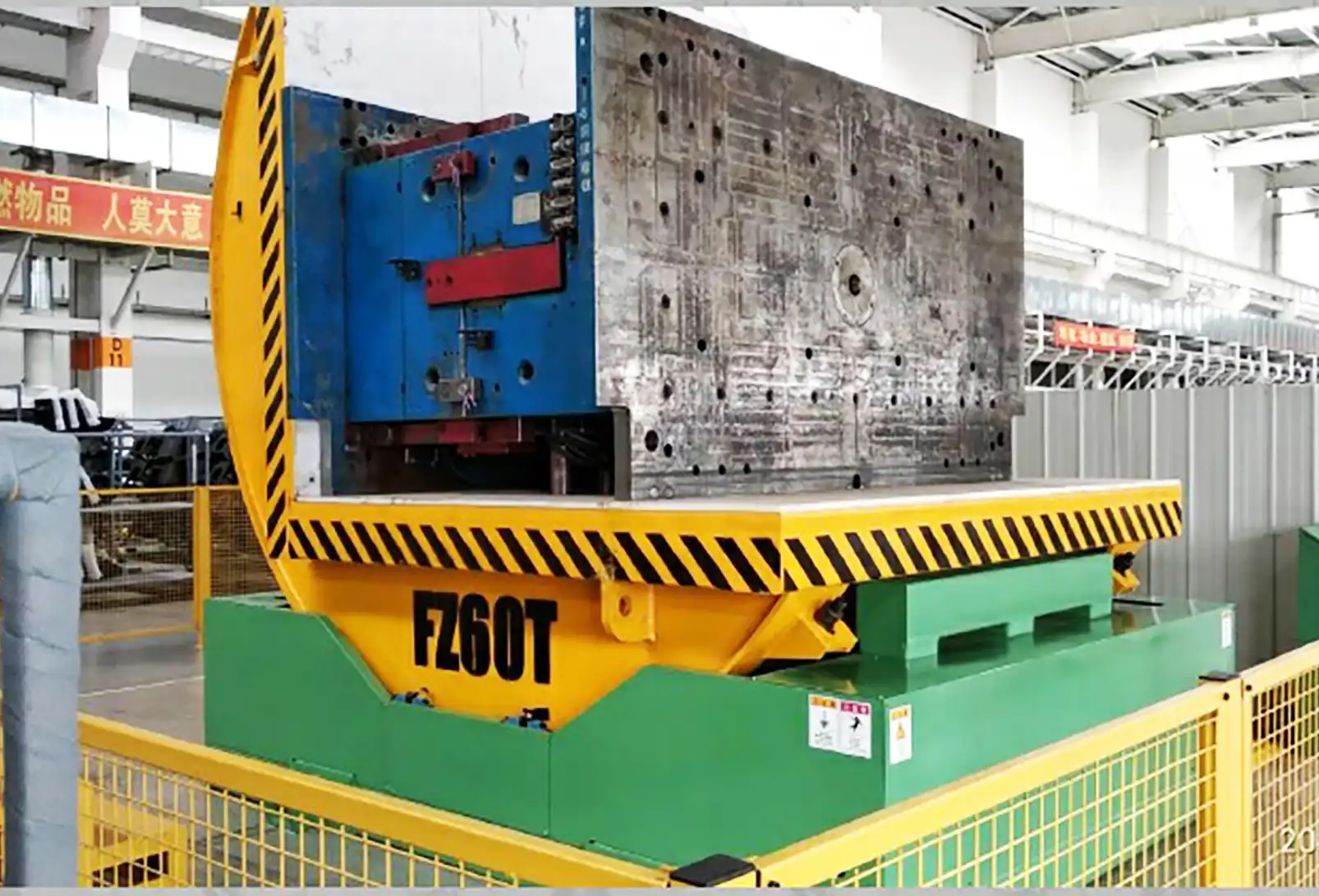
Understanding the Mechanics of Mold Upenders
Understanding how mold upenders function can help you appreciate their benefits. The fundamental advantage is balance. When you manually handle heavy molds, balancing them perfectly is nearly impossible. Molds are central to production, and their maintenance is crucial.
| Feature | Functionality | Benefit |
|---|---|---|
| 90-Degree Turning | Automatic tilt to 90 degrees for easy maintenance | Reduces manual handling risks |
| Weight Distribution | Even pressure during tilting | Less mechanical stress |
| Durability | Sturdy construction for long-term use | Longer equipment life |
A mold upender uses hydraulic or mechanical systems to achieve smooth and even tilting. This technology ensures every part of the mold receives equal pressure during movement, reducing stress and preventing potential damages.
Sometimes, a personal touch helps understand the tech. I recall working on a manufacturing floor, where molds were manually turned. The risks were immense, and wear was visible. Introducing an upender transformed our approach, reduced downtime, and saved on repair costs. Implementing such automated systems can be a game-changer for your operation.
2. What Are the Key Benefits of Implementing Mold 90 Degree Turning in Your Production Line?
Feeling overwhelmed by outdated processes in your production line? Our advanced mold 90 degree turning solutions can radically transform your workflow. Discover how these automated systems streamline operations, optimizing efficiency and minimizing risk.
Integrating mold 90 degree turning into your production line offers significant benefits. These include enhanced efficiency, reduced labor costs, and improved safety. The automation ensures precise and consistent mold handling, minimizing errors and material damage. As a result, businesses can achieve higher productivity and better quality in less time and with fewer resources.
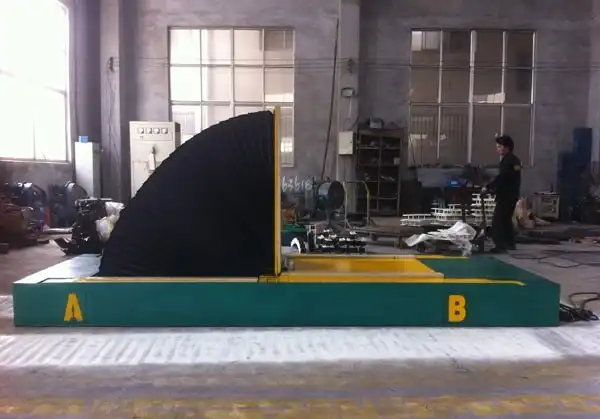
Unpacking the Advantages: Efficiency and Safety
Using a mold 90 degree turning system is not just about aligning your molds in a more user-friendly orientation. It represents a critical shift in how manufacturers can handle molds more efficiently. I remember when I first implemented this system in my operations years ago. That simple shift in handling mold not only improved my workflow but also brought about substantial savings.
Let’s unpack this further. Many businesses face issues related to downtime and operational inefficiencies. A mold 90 degree turning system can notably address these challenges by offering a streamlined process that reduces handling time and labor needs. With fewer manual interventions, the likelihood of accidents and injuries significantly decreases, fostering a safer work environment.
| Benefits | Impact | Outcome |
|---|---|---|
| Enhanced Efficiency | Automated mold handling | Faster production cycles |
| Reduced Labor Costs | Less manual handling | Reduced staffing needs and errors |
| Improved Safety | Minimized manual intervention | Lower risk of workplace accidents |
| Consistent Operations | Precise and reliable handling | High-quality and uniform output |
Why settle for less when you can overhaul your operations for better efficiency and safety?
3. How Can a Mold Tilter Contribute to Extending the Life of Your Molds?
Do constant mold replacements strain your budget? A mold tilter might be exactly what you need. Unveil how these innovative tools extend mold lifespan, offering you long-term savings and reliability.
Using a mold tilter can significantly extend the life of your molds. This is achieved through reduced wear and tear, as well as optimized stress distribution during handling and storage. With proper handling, molds experience fewer damages, ensuring they remain in peak condition for longer. This not only saves money but also enhances production stability.

Dive Deeper: Maximizing Mold Longevity
When I first explored mold tilter solutions, my main goal was to find ways to reduce mold wear and increase longevity. The insights I gathered were invaluable, illustrating how vital proper handling is to the lifecycle of industrial molds.
Investing in a mold tilter aids in careful and precise mold manipulation. They prevent unnecessary strain, ensuring that molds do not undergo harsh or awkward movements. This crucial element drastically curtails surface damage or internal stress that might compromise the mold’s effectiveness over time.
| Aspect | Contribution to Mold Longevity | Result |
|---|---|---|
| Reduced Wear | Less friction and physical damage | Longer-lasting molds |
| Optimized Stress Distribution | Evenly spread load stresses | Enhanced mold durability |
| Improved Mold Handling | Safe and precise mold manipulation | Consistency in mold quality and output |
| Cost-Effective Maintenance | Less frequent replacements required | Reduced operational costs |
These advantages, when combined, contribute to a reduction in downtime and maintenance costs, further extending the molds’ operational life, and solidifying a robust production process.
Conclusion
Integrating mold upenders, including 90-degree turning mechanisms and mold tilters, offers substantial benefits for extending the longevity of your molds. By enhancing operational efficiency and reducing wear, these technologies ensure a more durable and reliable molding process, ultimately leading to cost savings and improved product quality.


